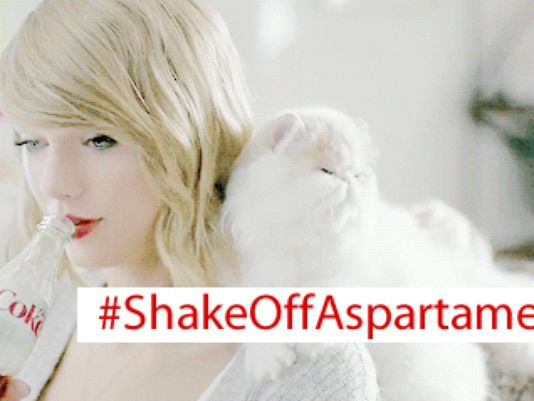Soda, the second most popular drink in America, poses serious health risk to consumers, a recent study revealed.
In a study conducted by the team of Scientists over at Johns Hopkins Center for Livable Future in Baltimore, common carbonated drinks were found to contain ingredients that could "unnecessarily" increase consumers' risk of getting cancer.
Other than massive quantity of liquid sugars, scientists cautioned consumers against the harmful effect of artificial caramel coloring found in most sodas.
Caramel coloring is added to enhance soda's aesthetic appeal. The process, however, produce a carcinogenic chemical called 4-methylimidazole (4-MEI).
A report by the Medical Daily indicated that the daily soda intake of more than half of American population aged 6 to 64 is enough to be expose to high levels of 4-MEI.
Presently, there exist no clear regulation that limits the amount of 4-Mel allowed in food and beverages. The Food and Drug Administration does not impose any restrictions on the amount of 4-Mel in food and drinks.
In California, a regulation have been put in place requiring manufacturers to include cancer warnings on labels of food and beverage found to contain over 29 micrograms of 4-MEI.
The study corroborated presence of relatively lower levels of 4-MEI in sodas tested with California. For the study, 110 samples of soft drink brands were analyzed.
Concentrations of 4-MEI varied extensively, Daily Science Journal reported. The studies also revealed that level of concentrations were consistent for the same beverages tested in the same state, the report added.
Result of this study is vital on whether or not soda manufacturers should continue to use caramel coloring in soft drinks.
As there are no federal restrictions on the amount of 4-MEI in food and beverages, Keeve Nachman, senior research lead of the study suggested an "FDA intervention, such as determining maximum levels of 4-MEI in beverages" to reduce excess cancer risk "attributable to 4-MEI exposure", the report added.



























